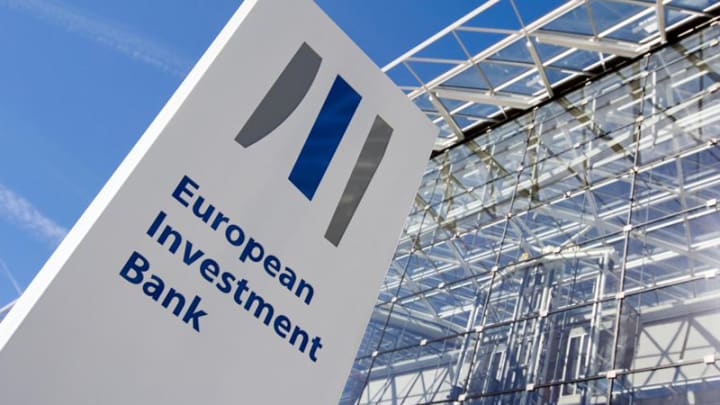
The resistance from the European Union’s lending arm underscores the limits of the bloc’s ability to shield trade with Iran from the reimposition of U.S. sanctions after President Donald Trump abandoned the nuclear accord last month.
European Commissioners are expected on Wednesday to endorse the EU executive’s plan to encourage the EIB to support investments by European businesses in Iran, where the bank has never before done business.
The move has symbolic value as EU officials see it as one of the easiest to deliver on in response to Iran’s demands that it show proof of its commitment to the nuclear deal.
A total of six EU diplomats, EU officials and sources at the bank said that within the EIB there are growing concerns that the Commission’s plan would imperil its multi-billion-dollar funding program.
“The bank is unhappy with the Commission proposal because the bank raises funds on U.S. markets,” said one EU diplomat.
As one of the world’s largest borrowers, the EIB raised 56.4 billion euros ($66 billion) last year on international capital markets. The bank fears that the threat of U.S. sanctions over Iran could scare off bond buyers.
While Iran was added in March to a list of potentially eligible countries for EIB activity, any plan to upgrade that status needs the approval of EU governments and the European Parliament. The bloc wants the measure in place before Aug. 6, when U.S. sanctions begin to take effect.
Even then, it would be up to the bank’s governors, made up of the finance ministers of the EU’s 28 member states, to decide whether to seek an agreement with Tehran to engage there.
“This would be an enabling measure, which would not oblige the EIB to take action,” the Commission said in an emailed statement to Reuters.
Despite its political mandate, sources say the plan throws up many hurdles.
The bank currently steers clear, for instance, of engaging in jurisdictions listed as high-risk under the FATF, a global group of government anti-money-laundering agencies. That includes Iran.
Roughly a third of its lending operation is dollar denominated, given the global reach of the U.S. financial system.
And while an EU budget guarantee partly shields the bank against losses outside the bloc, it would not address the funding risks.
“This isn’t going to be easy,” another EU diplomat said. “The bank is well aware of the dangers of U.S. sanctions on its own operations.”